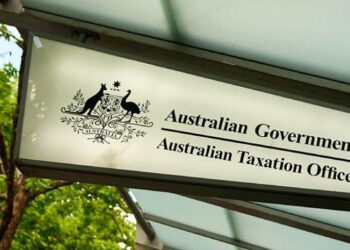Michael Hallinan, special counsel for SUPERCentral, said the new guidelines for ATE income streams have been issued and confirm that those income streams that had ATE status immediately before the commencement of the legacy pension reform retain that status despite now being commutable.
Hallinan said previously ATE income streams had to be non-commutable.
“One common feature of pensions which qualify as asset-test exempt, whether 100 per cent or 50 per cent, is the requirement that the pensions must be non-commutable subject to a small number of permitted exceptions which are all very narrowly focused,” he said.
“If an asset-test exempt pension became potentially commutable, outside the very few and narrow exceptions, the pension would immediately cease to be asset-test exempt – whether 100 per cent or 50 per cent.”
However, he added that now all ATE income streams are commutable until 7 December 2029.
“When the legacy pension reforms commenced on 7 December 2024, all lifetime, life expectancy and market-linked pensions which were previously asset test-exempt immediately ceased to have that status simply because the pensions were now potentially commutable outside of the permitted exceptions to the non-commutation requirements,” he said.
“The fact that the pensions were not commuted was irrelevant. The position since 7 December 2024 is that all individuals receiving the age pension who had asset-test exempt pensions should have had their age pension entitlements reassessed on the basis that the lifetime, life expectancy and market linked pensions had no asset-test exemption whether or not the pensions were in fact commuted.”
Hallinan said there has been no automatic reassessment of the age pensions entitlements except in the case of those individuals who did commute legacy pensions which had asset-test exempt status.
“The reason for the no automatic reassessment was that the government knew there would have to be amendments to the relevant provisions of the social security rules to treat any legacy pension which fails the specified requirements for asset-test exempt status because of the legacy pension reforms as still satisfying the non-commutation requirements unless and until the pension is actually commuted,” he said.
Hallinan added that the relevant provision in the determination is Guideline 21 which allows the secretary of the Department of Social Security to determine that a legacy pension, which before 7 December 2024 had assets-test exempt status, does not lose that status merely because the pension is now commutable in circumstances outside the previously permitted circumstances.
“The long and short is that only if and when a legacy pension is commuted under the legacy pension reform will the pension cease to be an asset-test exempt pension, assuming of course that the pension was an asset-test exempt pension in the first place and it has not lost its asset-test exempt status for some other reason,” he concluded.


